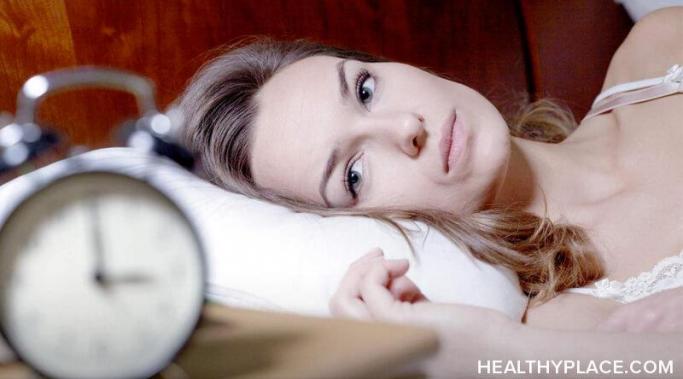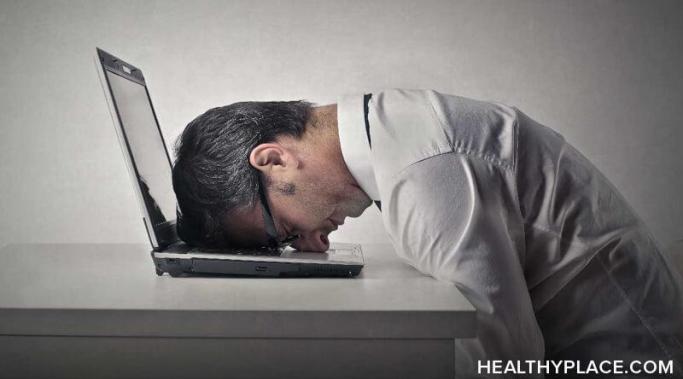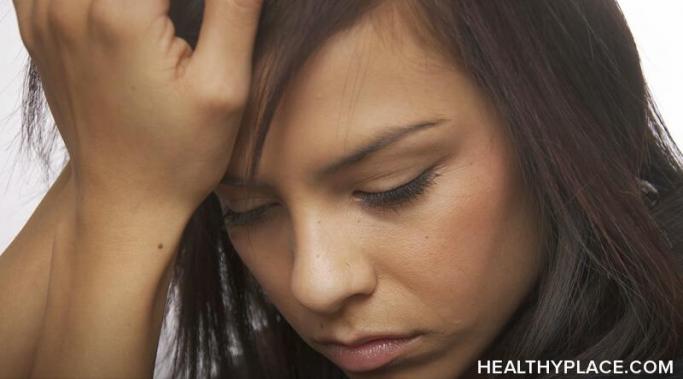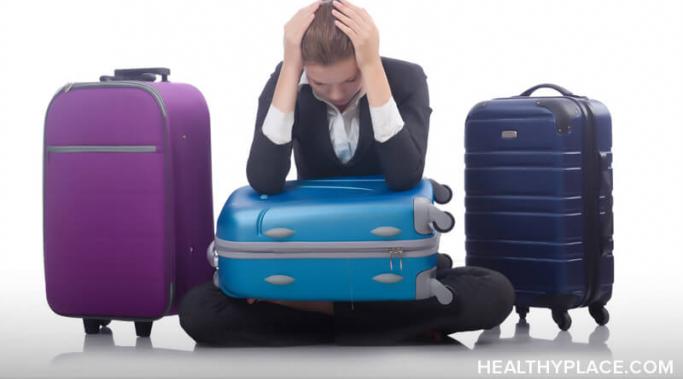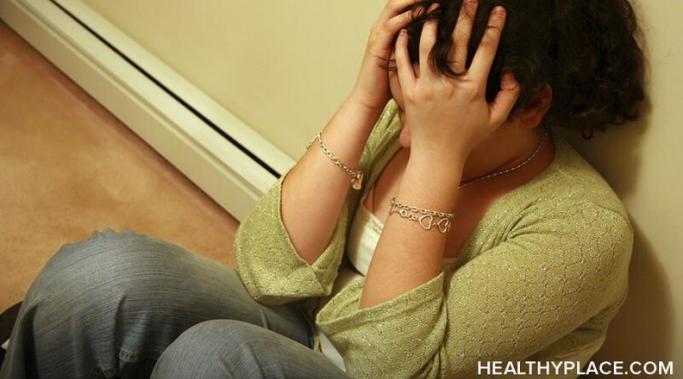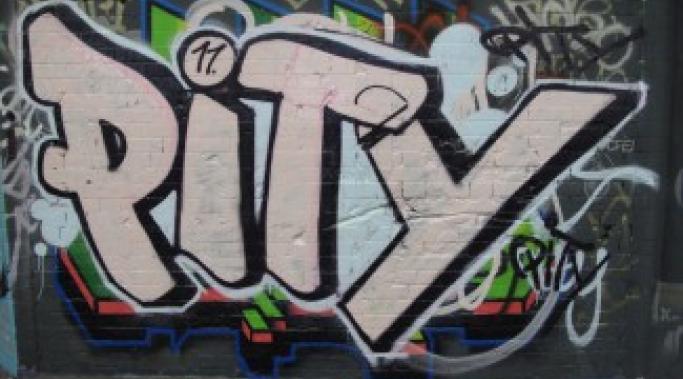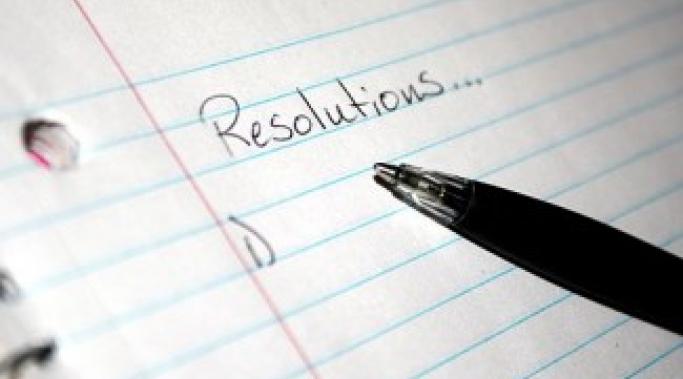There are nasty effects on bipolar when I suffer from a lack of sleep. Luckily for me, I usually do have a decent sleep thanks to my medications but, sometimes, my body just decides to wake up at 3:00 a.m. and refuses to go back to sleep. I know this happens to many people but I also know that most people don’t have bipolar disorder. And I know that, for me, if I have a lack of sleep it really affects my bipolar disorder negatively.
Coping
I write about some things that can trigger those with depression so it’s important for readers to know how to deal with depression triggers in blog posts. Understanding how to deal with depression-triggering blog posts can protect you from negative emotional effects and worsening symptoms.
I hate it when people say, “failure is not an option,” because, especially with bipolar, failure is always an option. And by saying “Failure is not an option,” people make it sound like failure is bad. But we all need to accept that failure is an option, and a viable one. We need to accept that with bipolar, failure happens.
People with borderline personality disorder often self-harm, but that doesn’t mean they are the only people who do; let’s face it, anyone can self-harm. People associate self-harm with borderline personality disorder, which I understand, after all, self-harm is a symptom of borderline personality disorder. But it isn’t the case that these are the only people who self-harm. Self-harm can be a coping technique that anyone can pick up (unfortunately), whether they have a mental illness or not.
Travel can make my bipolar disorder worse. Knowing this can make me fear travel. It's not that I don't like travel; theoretically, I like travel. I’ve done quite a lot of it, actually – I’ve been to 12 countries. Nevertheless, the older I get, the nastier my bipolar becomes and the more my bipolar disorder is worsened by travel. There are good reasons for this but there are also ways to mitigate it.
Beating insomnia in bipolar disorder is a serious challenge. In the past, I have recommended sleep hygiene as the primary way of handling insomnia. And while this is very important, quite frankly, it just doesn’t work for everyone. I do it, and sometimes still don’t sleep – even with sleeping pills. So is there something better for beating insomnia in bipolar disorder? Maybe. I have discovered two mobile applications (apps) that help with sleep in new ways.
I have bipolar disorder and self-harm urges. No, this doesn't mean my diagnosis is wrong, it just means that I happen to have a mental health issue outside of my bipolar diagnosis. But let me be clear: I deny my self-harm urges. Even though I want to hurt myself, I don't. But this hurts. If the only thing in the world that you wanted to do had to be denied, wouldn't it hurt you, too?
Recently, someone said I was pitying myself because I have bipolar disorder, and this person was judging me very negatively for it. The person said I was having a bipolar pity party, if you will. Not surprisingly, I felt this notion was far off the mark. I feel suggesting that pity about bipolar disorder from the self or others is always negative, is just plain wrong.
Making New Year’s resolutions is something I don’t regularly do (as I feel that any day is a good day for change), but if you’re going to, you should consider making New Year’s resolutions that will help your bipolar disorder. Many of these actually cross over into the realm of everyday resolutions but not only do you need to make the right ones, you need to make them in the right way (How To Set Realistic New Year’s Resolutions). Here are a few New Year’s resolutions that can help your bipolar disorder.
While it can be challenging there are ways to avoid bipolar mood episodes over the holidays, or minimize them at least (Why Bipolar Mood Instability Happens During the Holidays). These techniques are often the ones we use during the year but we forget about them at the holidays. Learn more about how to avoid bipolar mood episodes over the holidays.
